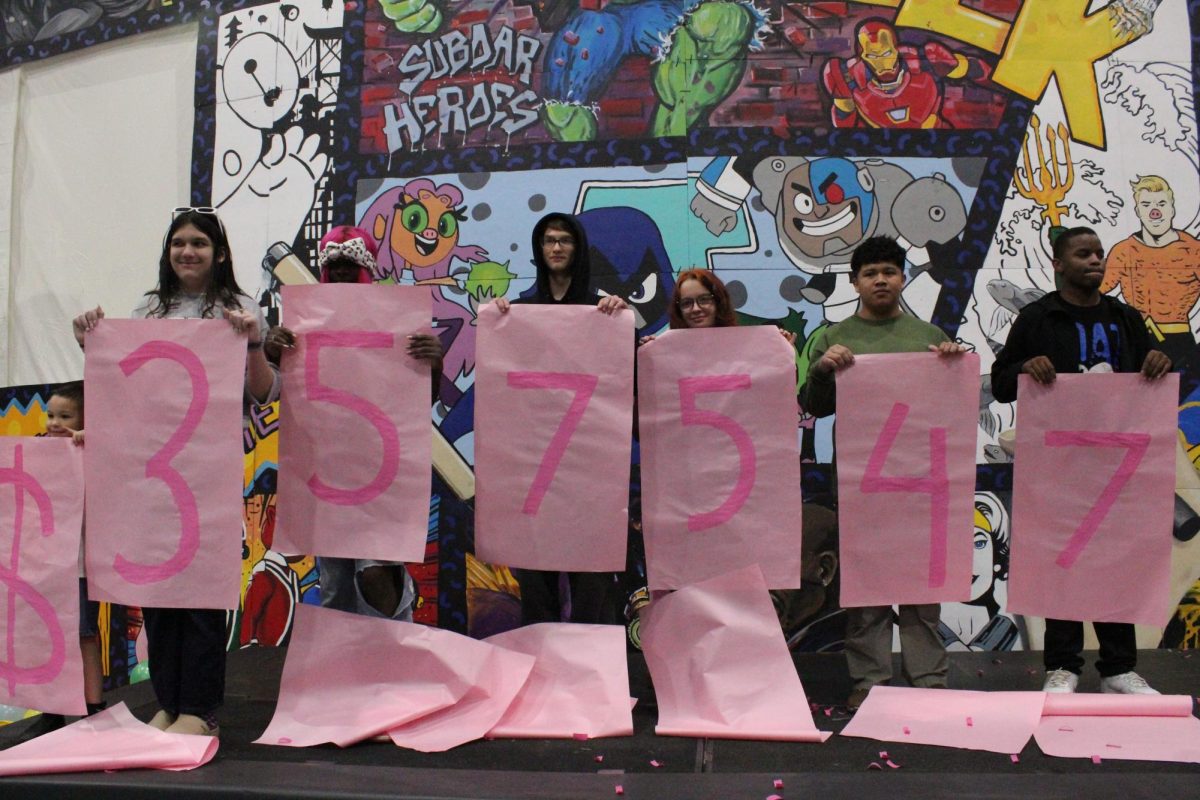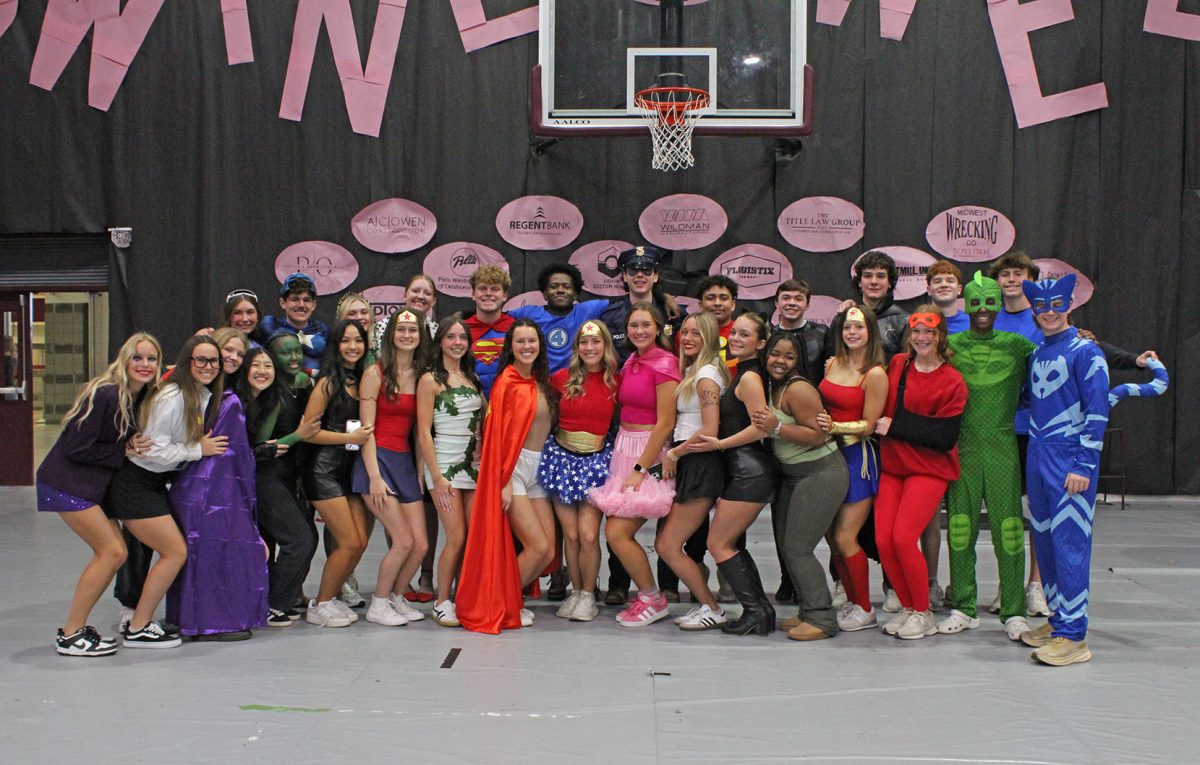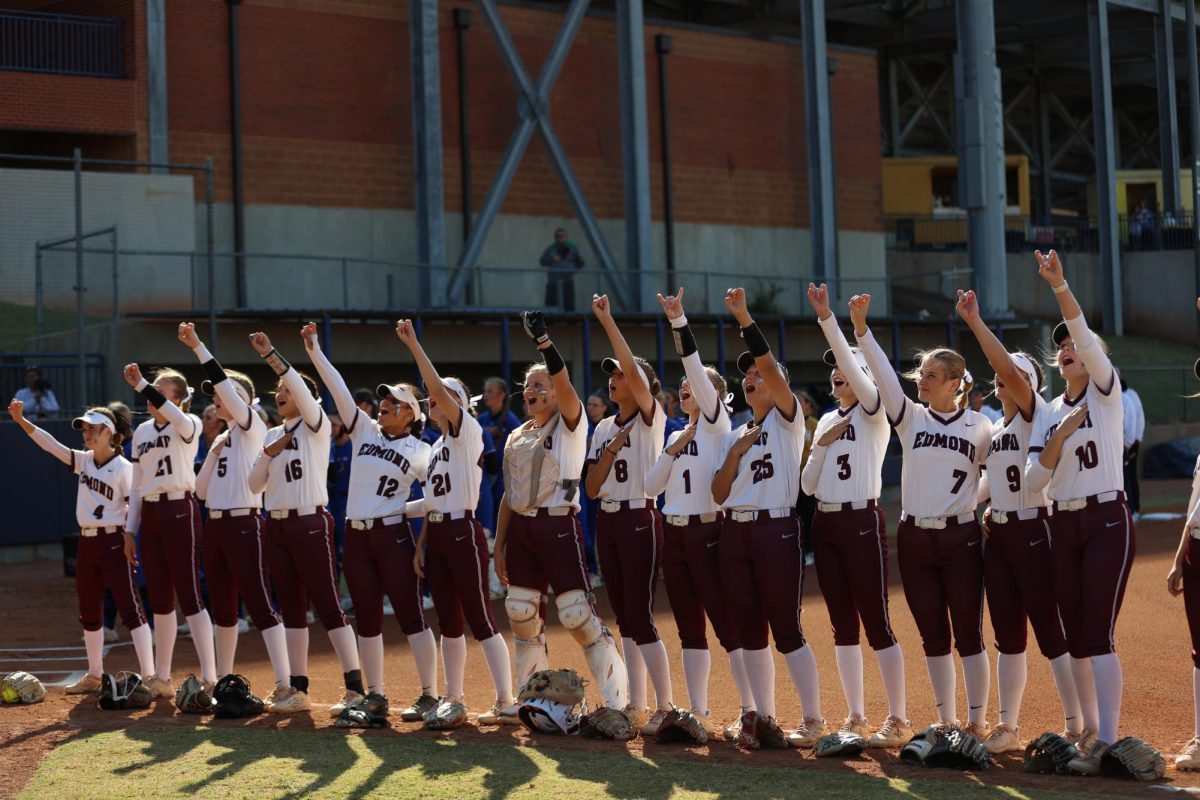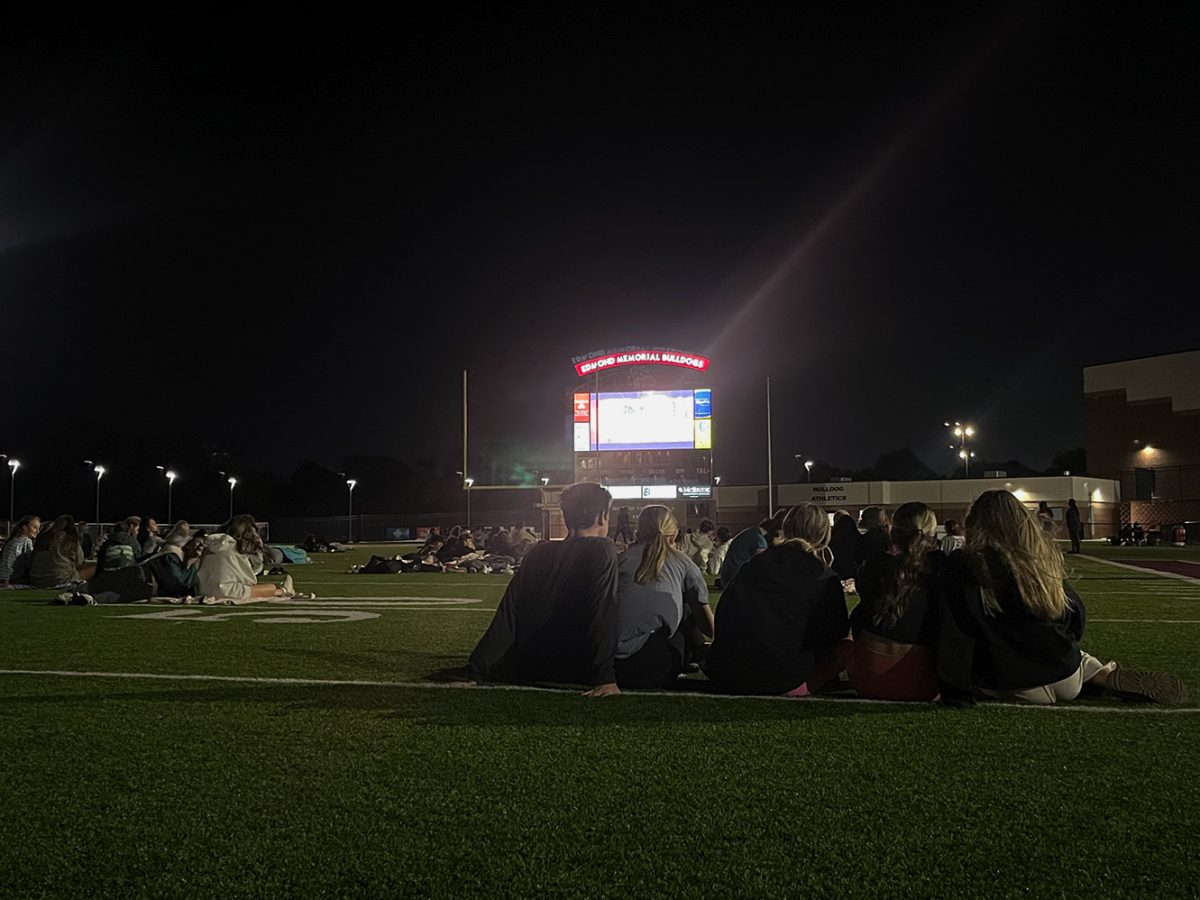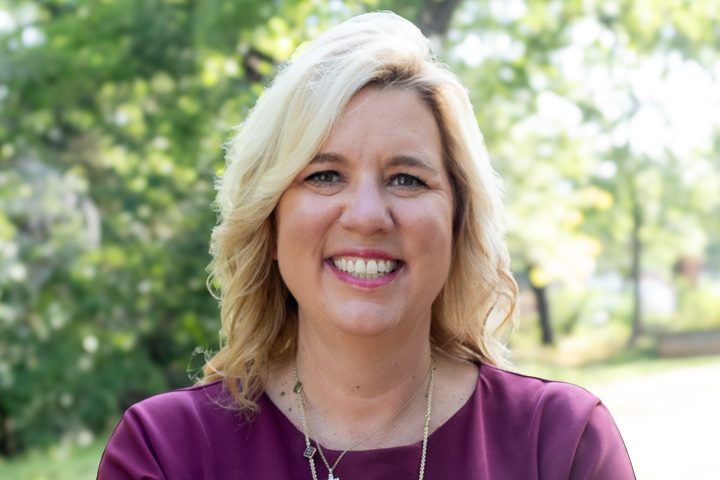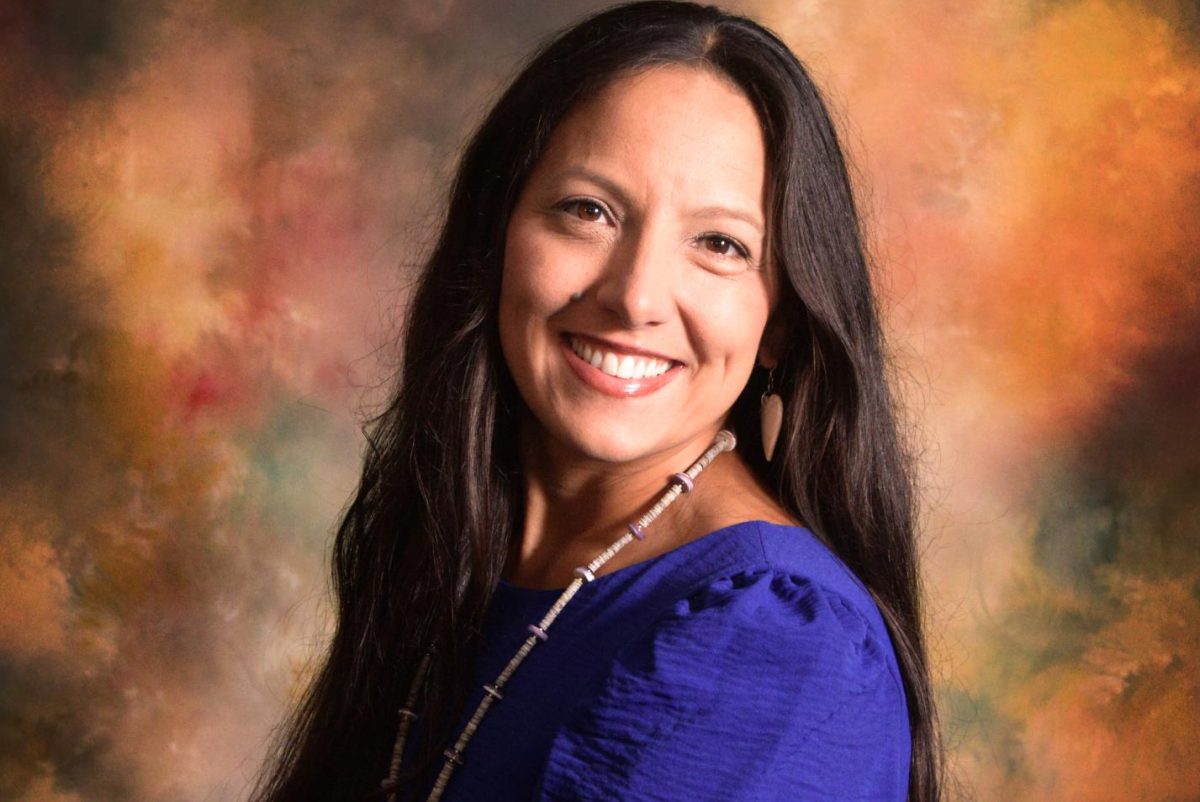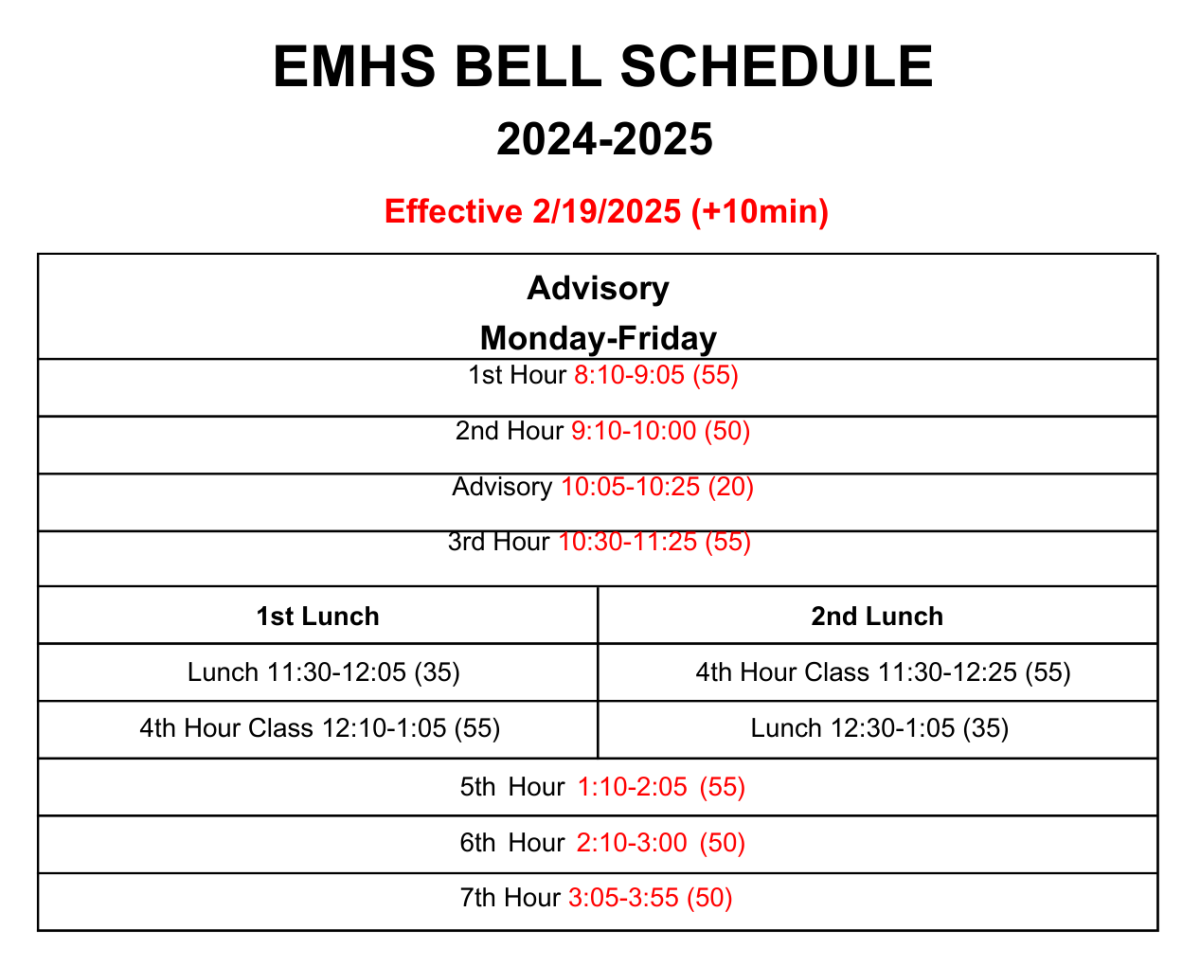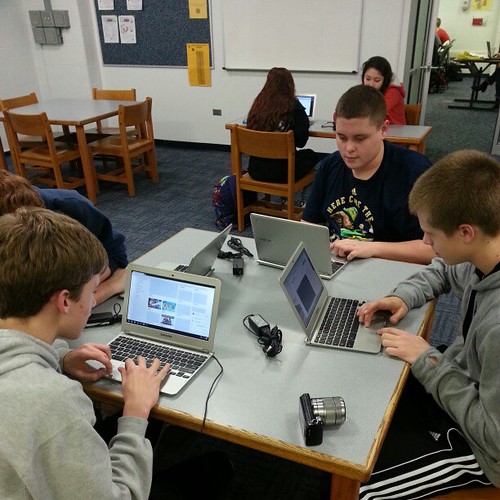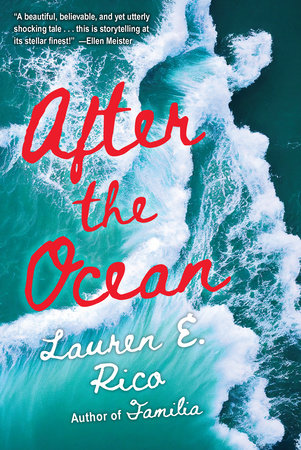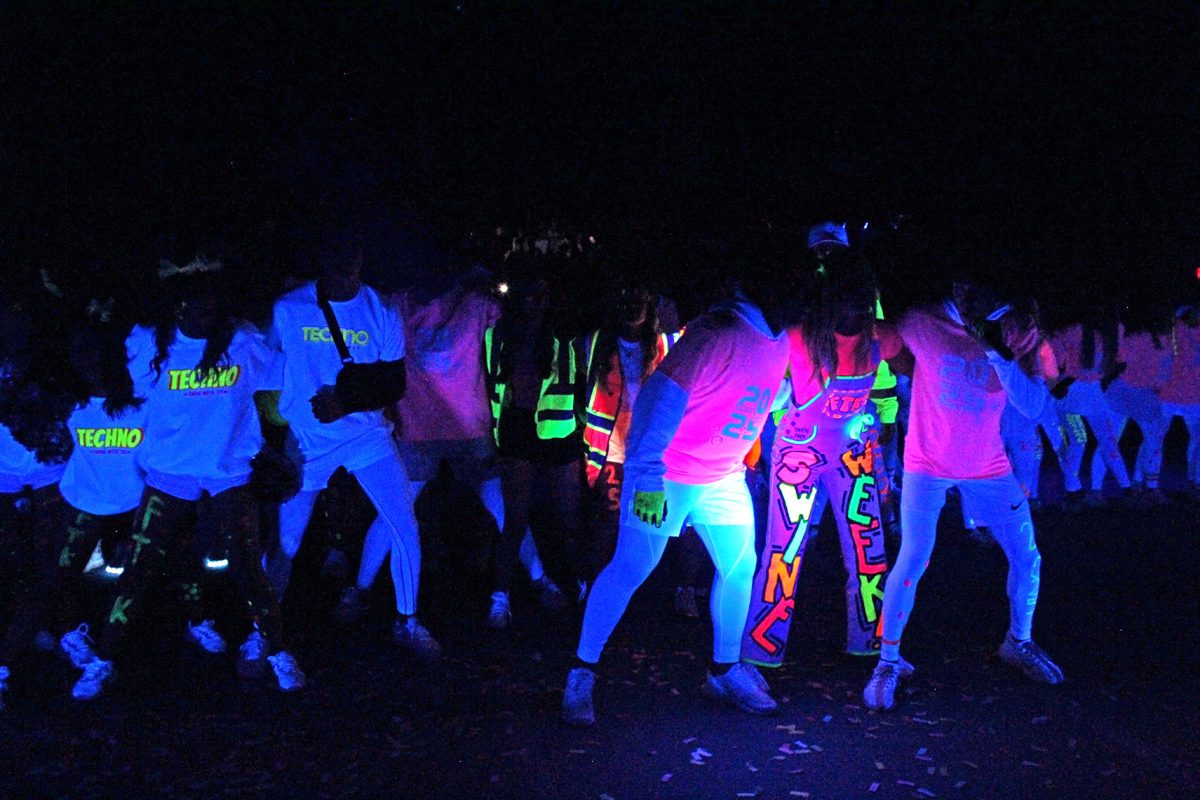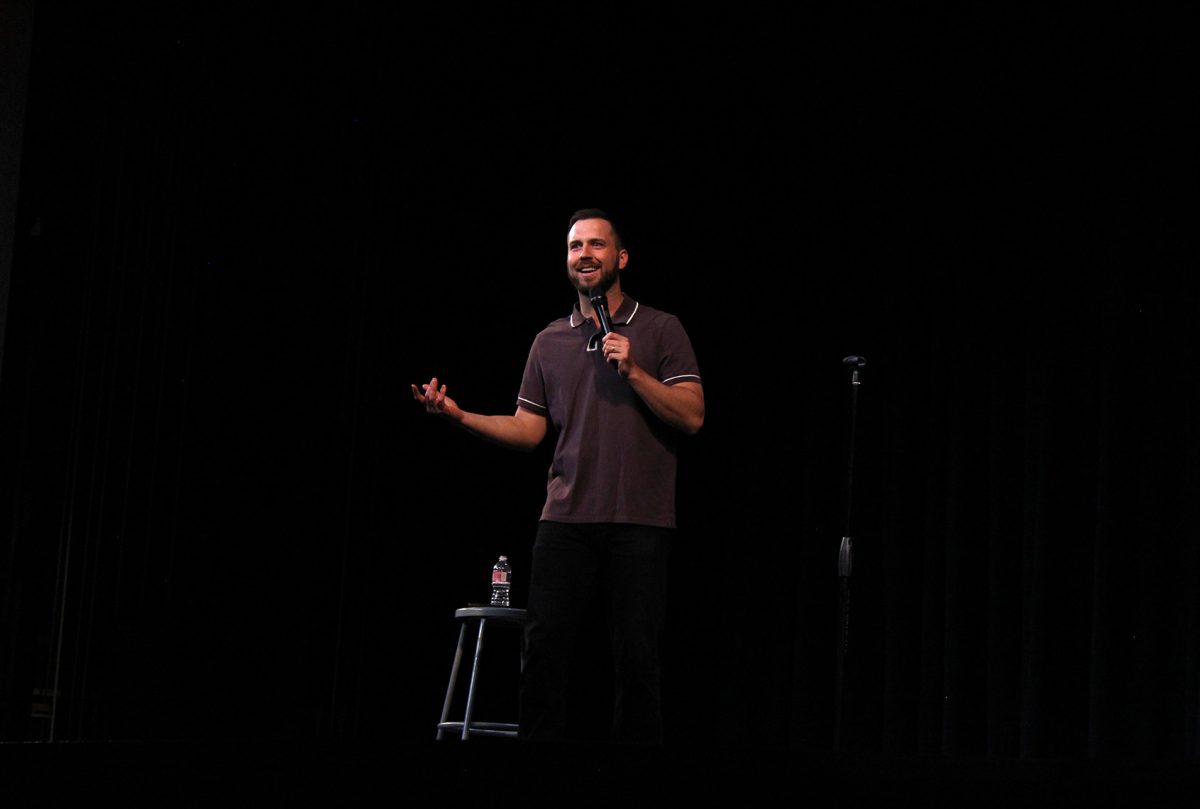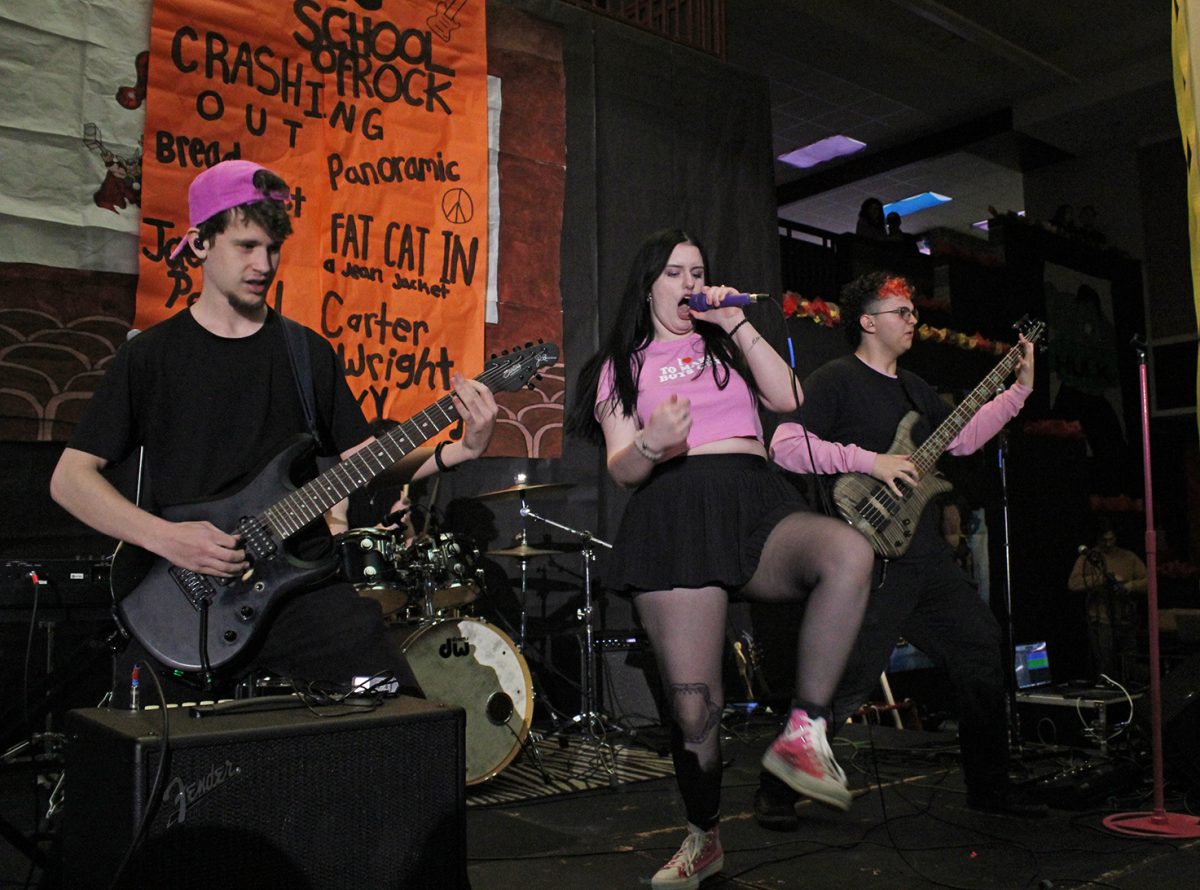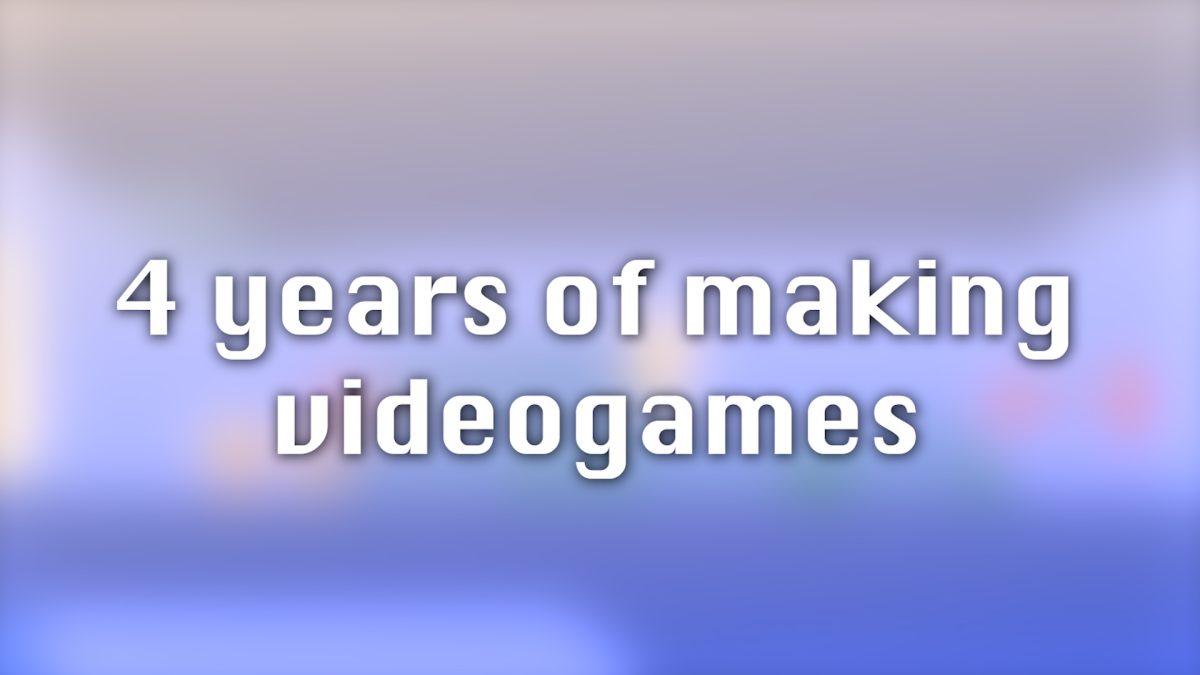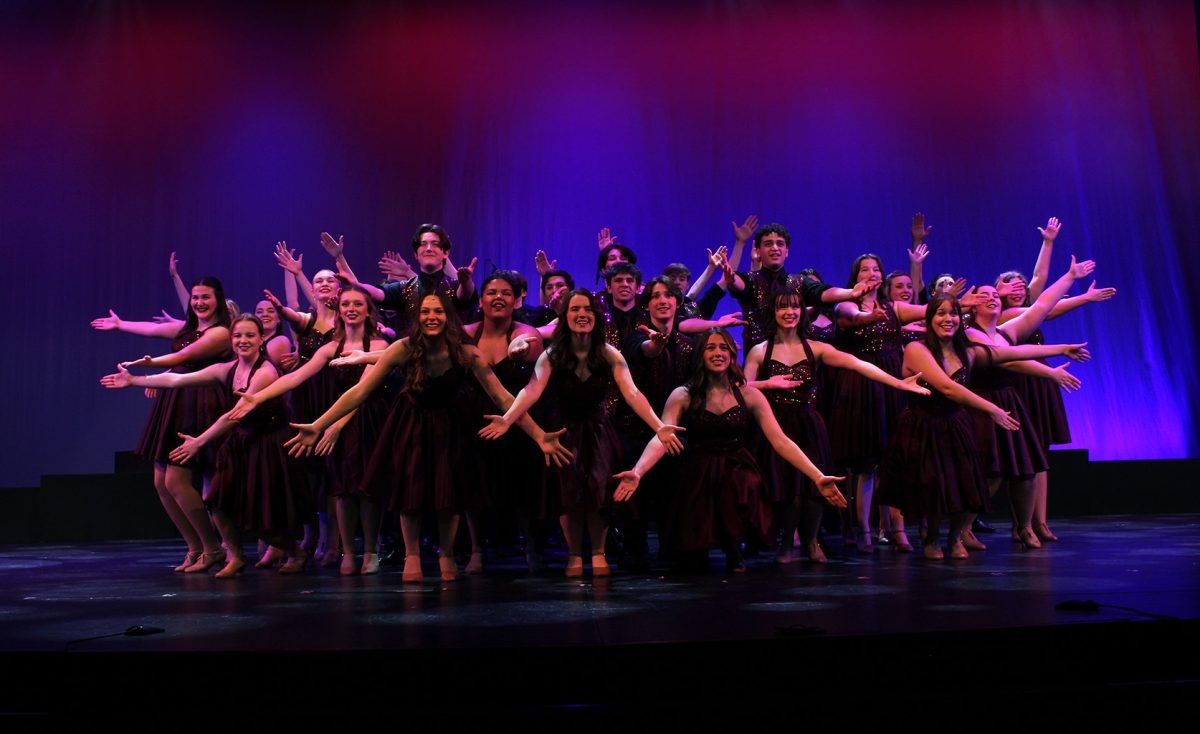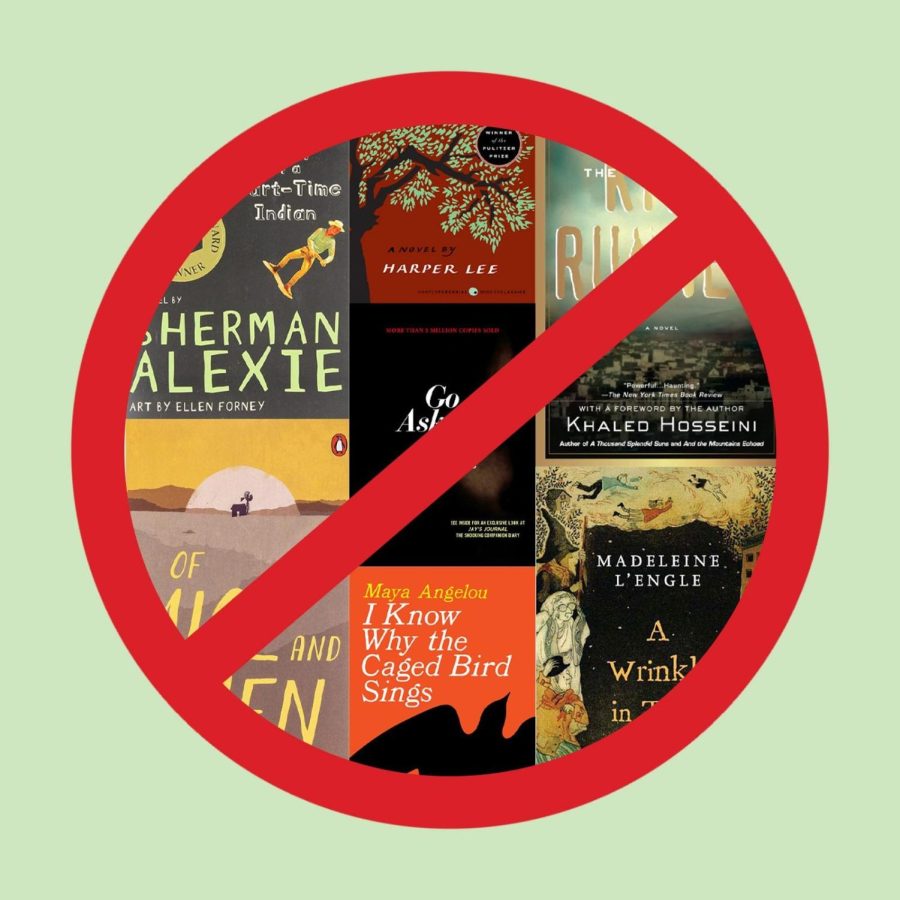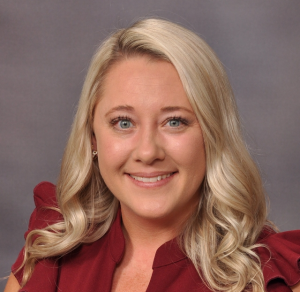Book it to the banned book debate
People all over the nation are debating over banned books.
May 4, 2023
For decades, people have been censoring books for their content, with countless different reasons being cited. Just last year over 1,600 books were banned in the US alone.
Despite this mass banning of books, there are still many who believe that there should be unrestricted access to reading material. The Brooklyn Public Library, for example, has a “Books Unbanned” section on their website to show their support in fighting against book bans and even has a space for people to report possible challenges against books.
The Brooklyn librarians are not the only ones who disagree with book bans: American Library Association (ALA) President Lessa Kanani’opua Pelayo-Lozada feels the same way. The ALA strives to provide information about libraries for all and ensure the free flow of knowledge to the future generations.
“People do have a right to guide their children’s reading and education, but they don’t have a right to do that for other people,” Pelayo-Lozada said in an Oklahoma Watch article. “And so, when we ask for books to be removed and we ask for books to be banned, you know, we’re doing a disservice to our community as a whole.”
From LGBTQ+ stories to books that show religious minorities, many of the books which are being challenged seem to hold similar themes. Whether people are worried that students are not ready for these topics or they simply do not want them to read about it, school librarians take into account what they are putting on their shelves at every step.
“Certified school librarians are trained to curate collections that anticipate our students’ information needs, interests and curiosities, and love of a good story. We do this for each and every student—the ones who live in the mainstream, and the ones that live in the margins,” Missouri Librarian Kimberly Rues wrote in an EdSurge article.
By banning books based on the topics that they include, it can potentially limit students’ knowledge later in life over those certain topics. Edmond Memorial High School senior Adele Drummond believes that books should not be banned, no matter the context.
“When we take away books we’re taking away knowledge, which in some places is the only way we can get that,” Drummond said. “I do not think people should be able to dictate what other people know or read.”
However, Mark Hemingway, a man from Washington, D.C. that serves on a Lutheran School Board, feels that many books these days are geared more towards sensationalization. He believes that the goal of parents and educators should be to protect children from books that are deemed inappropriate for school.
“Kids have access to more books and information than ever, and try as we might, Pandora’s not closing the box. We need more involved parents and authority figures acting as responsible gatekeepers, and we need to be having more conversations about what constitutes an appropriate cultural climate for children in an era of information overload,” Hemingway said in a The Federalist article.
However, banning certain books because of their content could cause students to believe that their stories don’t matter.
“I think the struggle is greater for our young people walking into classrooms, seeing their stories removed from library shelves, from bookshelves and classrooms as well, and getting the message from some of the adults who are in positions to protect them, getting the message that their stories don’t matter, ergo their lives don’t either,” former Oklahoma teacher, Summer Boismier said in a CBS interview.
Even though some wish to ban books in order to protect students, others believe that the banning of said books can do more harm than good.
Contact Adeline Gruen at ruffdraftemhs@edmondschools.net

